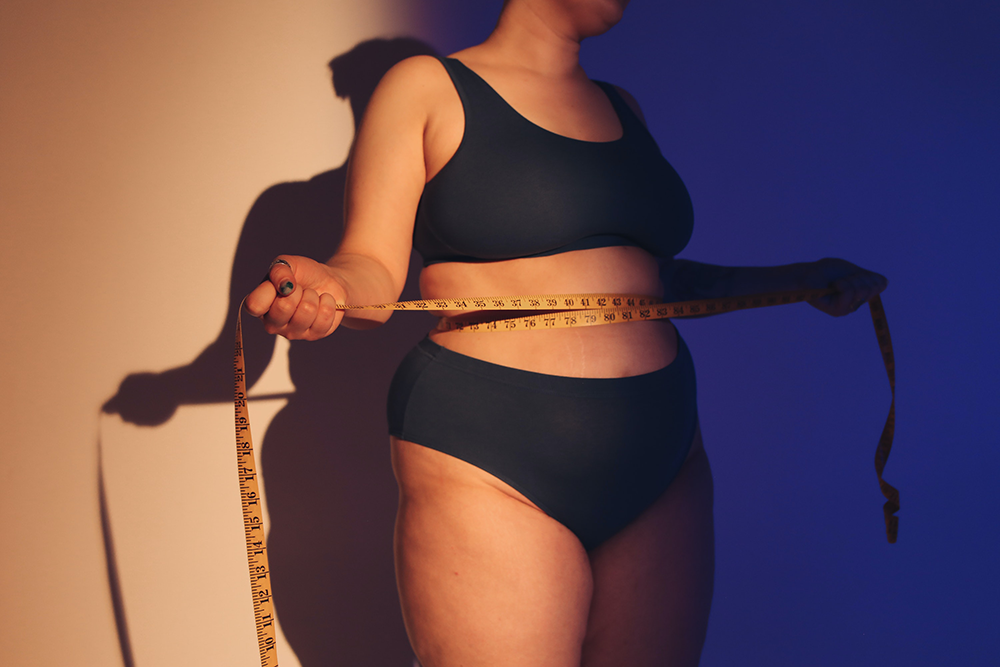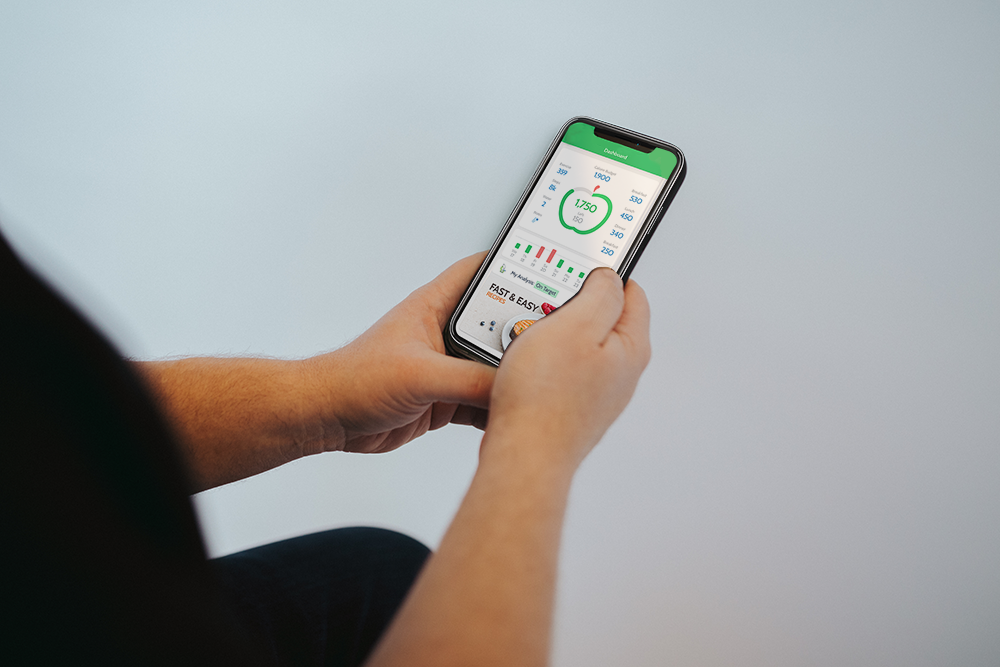
After bariatric surgery, strenuous exercise can be very challenging depending on your mobility. However, that doesn’t mean you can’t lead a healthy life. Thankfully, there are ways you can lose weight without exercise after bariatric surgery and without following an intense workout routine. We put together the following advice to help you lose weight when regular physical activity may not be an option.
4 Ways to Lose Weight without Exercising
Get Your Diet Straight
The best way to lose weight, no matter one’s mobility level, is to eat healthily. That means avoiding overly processed foods and drinks, which is already a dietary guideline after weight loss surgery. However, when you eat processed foods, make sure they are as natural as possible, such as premade bread. Yet you will want to try to limit carbs, whether processed grains or whole grains, after your bariatric procedure.
Processed sugars are also unhealthy and can cause weight gain. Similarly, a diet high in sugar and processed foods after bariatric surgery can lead to dumping syndrome, defined as the body’s intolerance to foods high in sugar and fat. These high sugar and fatty foods empty quickly from the stomach into the intestines causing nausea, clamminess, sweating, cramping, pounding heartbeat, light-headedness, and diarrhea.
Try to cut back on sugary foods and drinks such as soda, sweetened coffee drinks, alcohol, and even fruit juice. Instead, drink water or unsweetened tea. Refreshing and healthy, upping your water intake will also help you process the foods you eat.
Consider the Calories
Americans are not very good at planning their meals. We eat 25 percent more calories today than we did in 1970, which partly explains the rising obesity rates in our society. Our portions are huge, and the calories per plate of food match. Even healthy foods, in excess, can have detrimental effects on our weight. Portioning meals is essential for weight loss, just as much as eating nutritious foods is.
Consider a meal delivery service if you struggle with portion control or need help making nutritious meals. These services supply you with fresh ingredients while simultaneously providing the ideal amount. They’re convenient and an excellent way to diversify your diet in a healthy way. Otherwise, invest in an app that allows you to keep track of calories (we recommend MyFitnessPal) or a food scale to give you better portion control. Even keeping a calorie journal can make sure you don’t overspend with your meals and make healthful choices.
Get Enough Sleep
It may seem like exercise is the end-all, be-all for weight loss, but really, it isn’t. Other parts of your lifestyle play a more significant role in weight loss, such as what you eat and how you eat it. Even sleep and relaxation can be a large part of having a healthy weight. Studies have found that over an eight-week period, getting just one hour less of sleep each night for at least five nights out of the week resulted in less weight loss, despite being on a calorie-restrictive diet.
When we don’t sleep well, we may be hungrier the next day or find ourselves snacking more on unhealthy foods. Stress and chronic sleeplessness can lead to obesity, diabetes, and raised cortisol levels, which can contribute to weight gain.
Do what you can to let go of your anxieties, especially at night. You need to aim for about eight hours of sleep, if possible. If sleeping is difficult, make sure your bedroom is dark at night. Curb your caffeine levels, especially in the afternoon or evening, and don’t overeat before you hit the hay. Even small amounts of caffeine can interfere with deep sleep.
Get Chilly
If you are physically able, getting your body cold for periods of time can actually help you get in shape. It doesn’t need to be too cold, just anything under 66 degrees. A cold environment can speed up your metabolism, which can burn calories and help you lose weight. This concept is called “temperature training,” wherein the body expends energy to keep itself warm. You can use up to five times the energy you would in a warm environment.
You’re more likely to build what is known as brown fat when chilly, which can help burn calories. It may take time to show noticeable differences in body fat levels, but it could be as little as six weeks to have a registered decrease. It may be uncomfortable at first, but you can grow accustomed to the lowered temperatures.
Making healthy lifestyle changes doesn’t necessarily require vigorous exercise. Instead, if you’re unable to work hard, focus on what you eat, how you eat and prepare it, sleeping well, and changing your climate. No matter what your physical capacity, you can be successful at losing weight.
This post was written be Julie Morris












